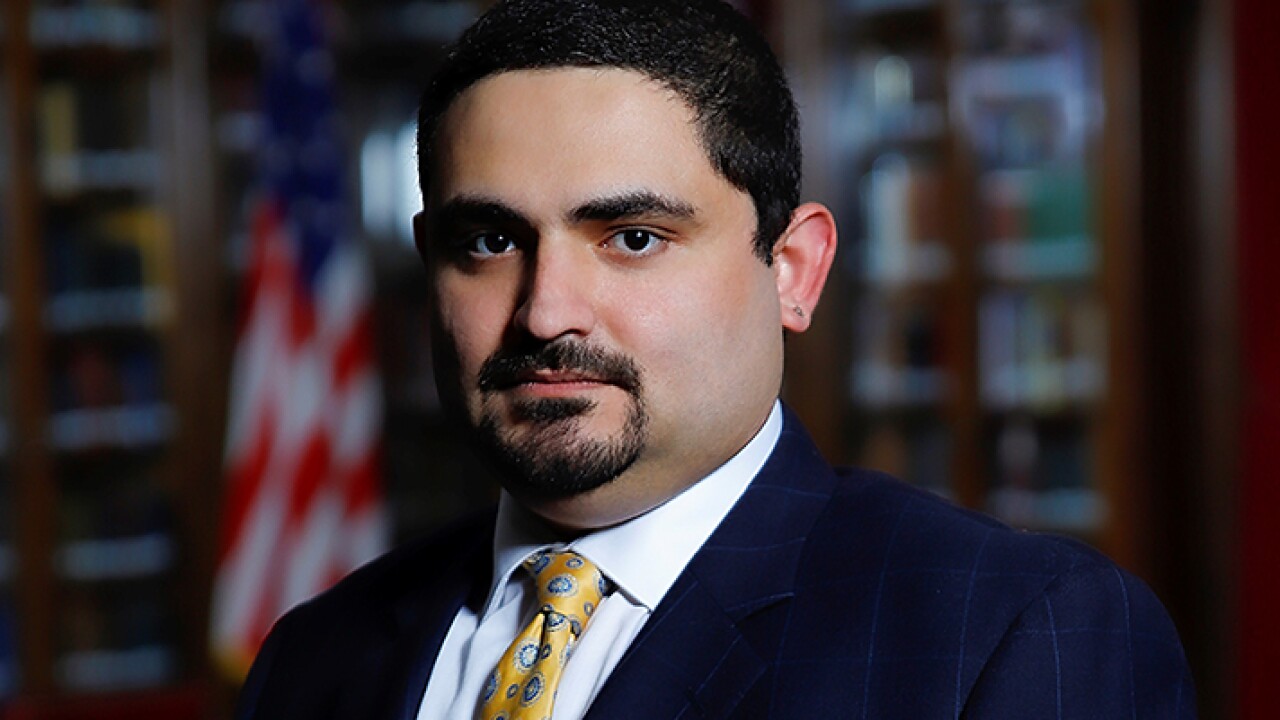BRADENTON, Fla. - The Florida Supreme Court yesterday reversed itself and said it is constitutional for tax increment financing bonds to be issued without first holding a public referendum, upholding decades of case law on the issue in the state.
The long-awaited ruling in the case known as Strand v. Escambia, and two other pending TIF cases before the state's high court, paves the way for Escambia County to issue $135 million of TIF bonds to widen a road in Florida's panhandle. Communities in the other pending cases can collectively issue more than $100 million of TIF bonds for more traditional economic development projects.
The Supreme Court on Sept. 6, 2007, initially ruled in the Strand case that TIF bonds could not be sold without a referendum, essentially freezing any new-money or refunding TIF bond sales from Florida for more than a year.
In addition to TIF bonds, that initial ruling also called into question the validity of certificates of participation and caused turmoil for bond attorneys, issuers, and industry organizations, all of which eventually convinced the court to revise its opinion on Sept. 28. The revised opinion said outstanding TIFs were validly issued, and removed all references to COPs, eliminating any question about their legality.
Justices later held a rehearing, but let stand their original opinion that a referendum must be held before any new TIF bonds could be issued - until yesterday.
"We are ecstatic," said Elaine Johnson James, a partner at Edwards Angell Palmer & Dodge LLP and co-counsel to Escambia County, who wrote briefs and argued before the Supreme Court during the rehearing.
"It's really gratifying not only that our clients' bonds got validated, but that governments that depend on tax increment financing ... know this important vehicle is available to them and bondholders can breathe easier," James added.
A majority of the justices upheld the constitutionality of tax increment financing as it is used in Florida for community redevelopment.
In the Strand case, however, Escambia County sought to use such financing by asserting its home-rule power to provide funding for a road, and some see that decision providing greater access for other communities in search of new funding mechanisms for infrastructure.
"This should open the door for a lot of projects that have been on the back burner," said Randy Hanna, managing shareholder at Bryant Miller Olive LLP, who represented the Florida League of Cities in the Strand case.
Hanna's firm also represented the city of Parker and Bay County, which also had TIF cases pending before the court. In those cases yesterday, justices validated the issuance of $41 million and $66 million of TIF bonds, respectively.
Yesterday's ruling, Hanna said, is significant for local governments because they can now take a look at redevelopment projects and move forward with them.
The ruling could also clear the way to move a complex $3 billion community development financing package involving Miami and Miami-Dade County forward. The package includes bond financing for a $515 million Major League Baseball stadium for the Florida Marlins. The ballpark has been embroiled in a lawsuit challenging the community development plan, which is based partly on the use of tax increment financing.
The judge in the case, Jeri Beth Cohen, delayed ruling on a claim that a referendum would be necessary for the TIF element of the plan saying she wanted the state Supreme Court to rule on its cases before making a decision. There was no word late yesterday when Cohen might make her final ruling in the case.
While a long time in coming, the Supreme Court ruling settles Florida's TIF law at a time when the economy is in decline, and the poor real estate market has depressed property values on which successful tax increment financing depends.
"The overall impact now that we're in an unsteady economy is hard to foresee," said Richard Miller, a partner at Edwards Angell Palmer & Dodge, who also worked on the Strand case. "But I think as the economy settles and things get back to normal this will be an important vehicle for financing, particularly inner city redevelopment."





